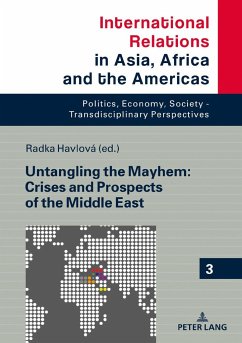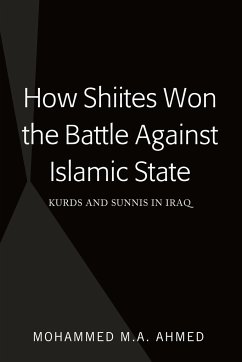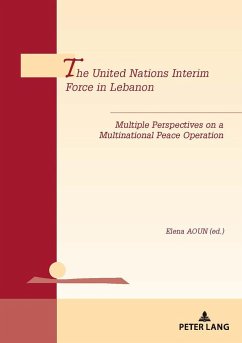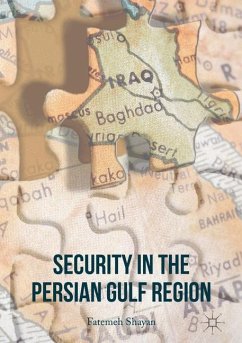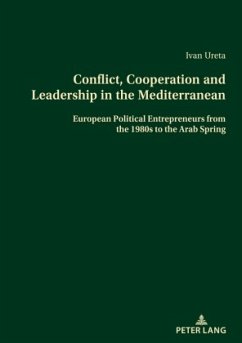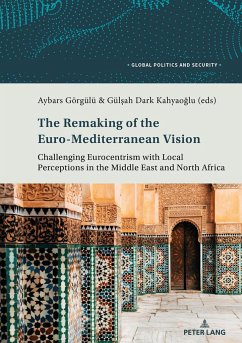
Europe, the Middle East, and the Global War on Terror
Critical Reflections
Herausgegeben: Beranek, Ondrej
Versandkostenfrei!
Versandfertig in 6-10 Tagen
33,75 €
inkl. MwSt.

PAYBACK Punkte
0 °P sammeln!
After 9/11, the (Global) War on Terror started as a military campaign waged against al-Qaeda and other organizations. This campaign was led by the United States though included NATO and a wide assortment of other actors. Originally, it was supposed to last "until every terrorist group of global reach had been found, stopped, and defeated". However, the campaign has been criticized on various grounds by security experts, politicians, scholars, and others. Eventually, Barack Obama and the new US administration declared the War on Terror over. This book deals with various Western perspectives on ...
After 9/11, the (Global) War on Terror started as a military campaign waged against al-Qaeda and other organizations. This campaign was led by the United States though included NATO and a wide assortment of other actors. Originally, it was supposed to last "until every terrorist group of global reach had been found, stopped, and defeated". However, the campaign has been criticized on various grounds by security experts, politicians, scholars, and others. Eventually, Barack Obama and the new US administration declared the War on Terror over. This book deals with various Western perspectives on the campaign and its impacts on the larger Middle East. It includes chapters written by experts on international relations and the Middle East from various institutions (SOAS, University of London; Metropolitan University Prague; Charles University in Prague; and the Institute of International Relations in Prague), all of which gravitate around delving into the complexities of understanding the Global War on Terror and its conclusion.



